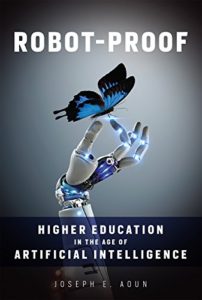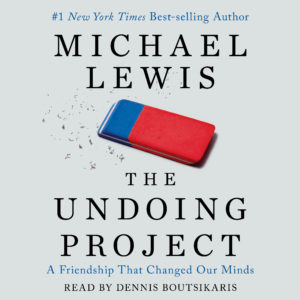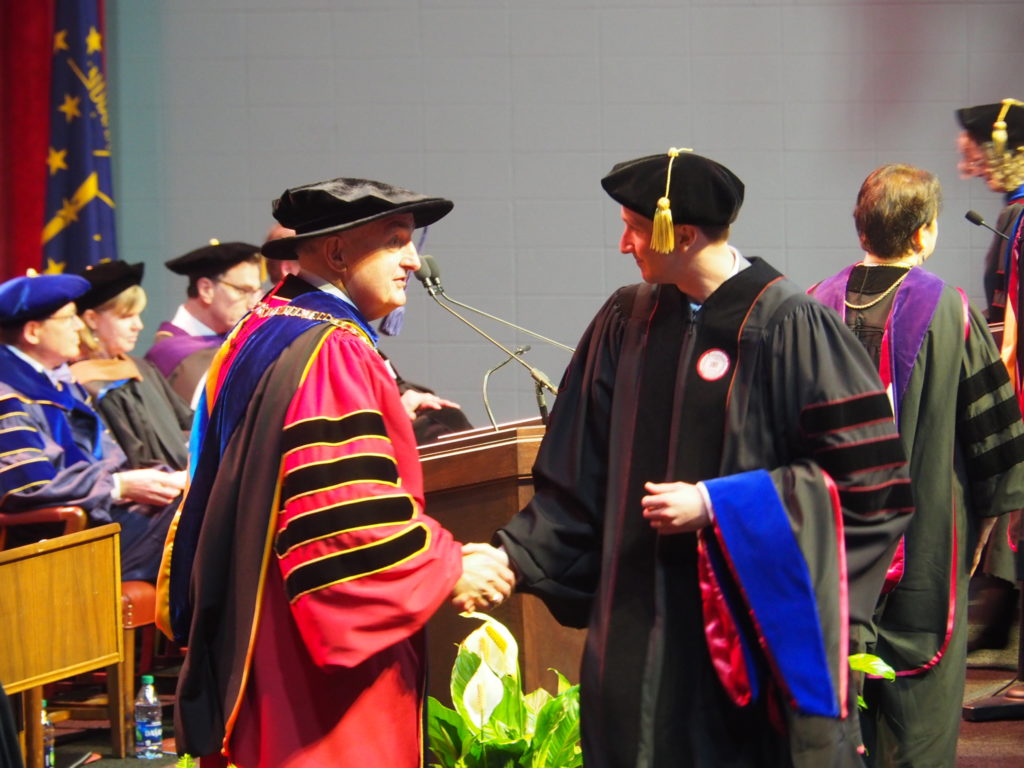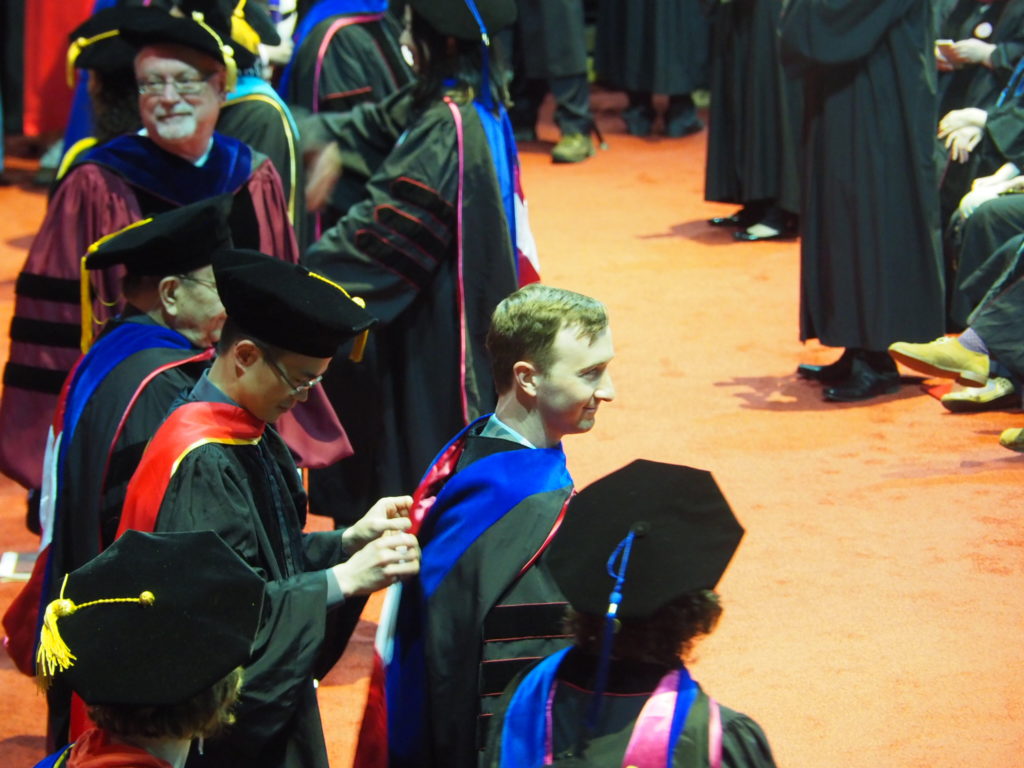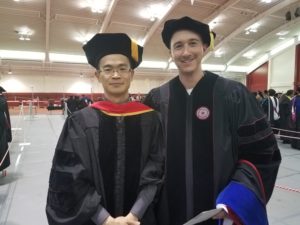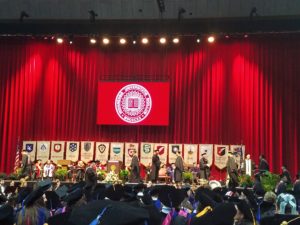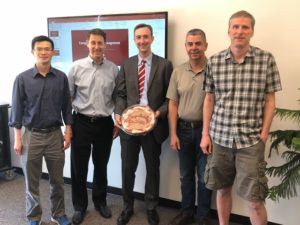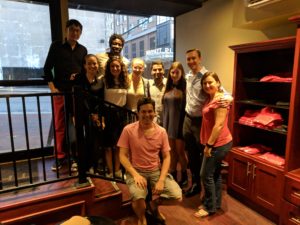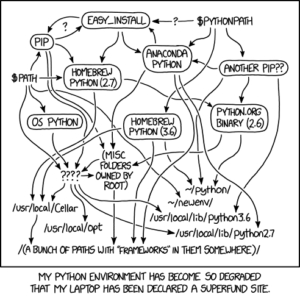Once we switched to remote learning in the spring, I had issues with cheating on the first online exam through Canvas. My exam was multiple choice, with students allowed to log in and take it over a defined time range. I write all my own questions, so students couldn’t just look them up online, and students sign an honor statement before seeing the first question. However, in the end, 17 of 68 students admitted to cheating. The main 2 ways I saw cheating were (1) a bunch of answers added as soon as the exam started (unreasonably quickly) and (2) members of the same group taking the exam at the same time and submitting answers nearly simultaneously. The first way was a clear indicator that students were sent some/all of the answers by other students in the class. The second way was harder to find and required putting multiple quiz logs up next to each other.
The only (major) mistake I made was misinterpreting Canvas’ settings for when students can see the questions they missed. The quiz setting says “Let Students See Their Quiz Responses (Incorrect Questions Will Be Marked in Student Feedback).” If you check this, then you can specify when students can see the correct answers. I checked it and specified a future date for when they could see correct answers, thinking that this would not give them ANY feedback until that date. However, they are immediately told what they got right and wrong upon submission (without being explicitly given the right answers). As such, they could easily share correct answers (and infer what should have been answered for the incorrect multiple choice questions). I would suggest not checking this box while giving the exam. You can always go back later and check it in order to let them see the correct answers after everyone has submitted.
An OM teaching blog that I follow has good suggestions for preventing cheating on online exams:
- Use varied question types. Refrain from having an exam with all multiple choice or true and false questions. Our MyOMLab’s algorithmic problems are a perfect complement to these questions.
- Creatively remind students of academic integrity policies. Create and post a video explaining the guidelines for the online exam and review the institution’s academic integrity policy and consequences that are listed in the course syllabus.
- Require students to sign an academic integrity contract. After reviewing the academic integrity reminder video, have students electronically sign a contract that lists what the university considers cheating.
- Restrict testing window. Similar to how on-campus final exams have a designated testing slot for each course, create the same online. Have every student start the exam around the same time and limit how long each student will have to take the exam. If you have students in different time zones, consider offering three sets of tests, at 3 different start times.
- Change test question sequence. In the test settings, have the order of test questions be different for each exam along with the order of answer choices for each test question.
- Delay score availability. Set a later date after the testing window ends for students to see their score and feedback and do not make the score available for immediate view after test completion. This way, one student who finishes early cannot see their score and then advise students who have not completed the test yet.

